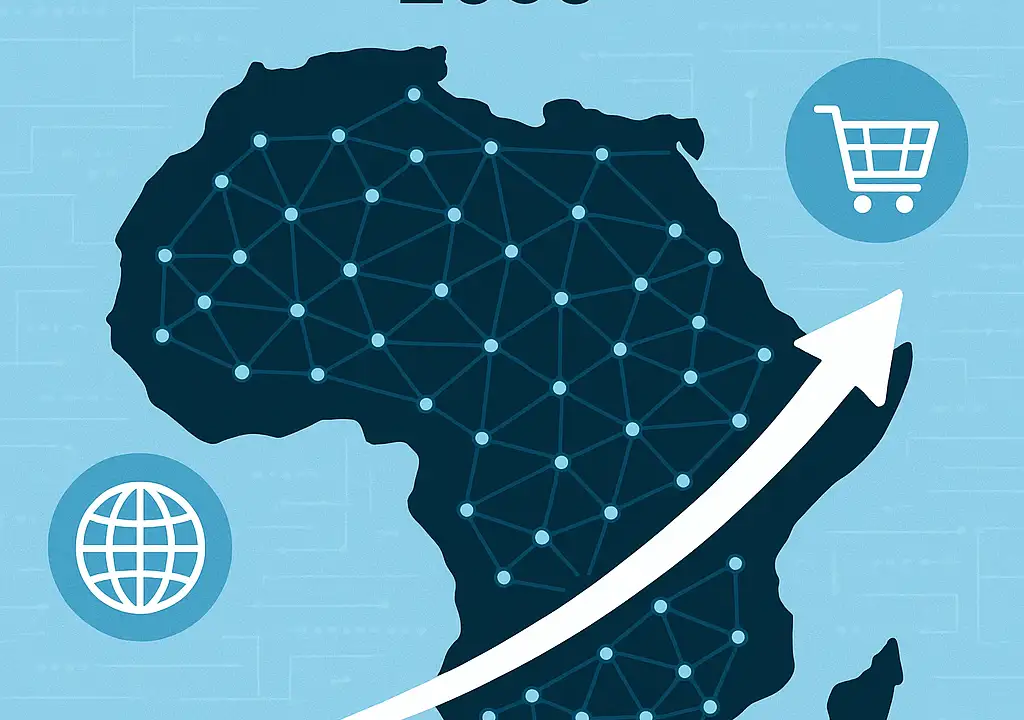Africa’s push for a single digital market marks a new chapter in continental power

Leaders from Africa reaffirmed their commitment to building a Single Digital Market by 2030 at the recent Smart Africa Alliance summit in Conakry, Guinea.
This ambitious effort could reshape how Africans trade, innovate, communicate and move across borders.
At the heart of the initiative is the recognition that a connected digital space could become one of Africa’s greatest strategic assets. By 2030, the continent is projected to host more than 1.5 billion people, most of whom will be young, mobile-centric, and eager for digital participation.
During the summit, member countries agreed to align their digital policies, regulatory frameworks and standards so that cross-border digital services, data flows, and startups can operate more seamlessly across Africa.
“Africa has the money, the investors, the startups, and the innovation, but too often, these ecosystems operate in silos. SANIA is here to bring them together and connect them,” Ralph Oyini, Director of Digital Transformation and Services at Smart Africa, said.
Additionally, Smart Africa's CEO, Lacina Koné, made an initial commitment to enable the scaling of African digital start-ups across borders, supported by a $115 million fund.
“We believe digital transformation can accelerate integration if we align our policies across borders,” Koné said.
The project, championed by the Smart Africa Alliance since 2013, has grown into a coordinated movement involving 42 member states.
What once sounded like a distant vision is now taking shape through platforms such as SANIA, which connects African startups with investors, and the Smart Africa Data Exchange (SADX), a cross-border data interoperability pilot currently running in Benin, Ghana and Rwanda.
Now, this push is important because each African country has its digital laws, data-protection rules, telecom standards, and ICT policies. This fragmentation makes it difficult for digital services, startups, mobile money systems, and data to move easily across borders.
A unified market would allow a digital identity issued in Nairobi to work seamlessly in Abidjan, or a fintech from Accra to scale across borders without navigating dozens of regulatory hurdles.
This story is written and edited by the Global South World team, you can contact us here.